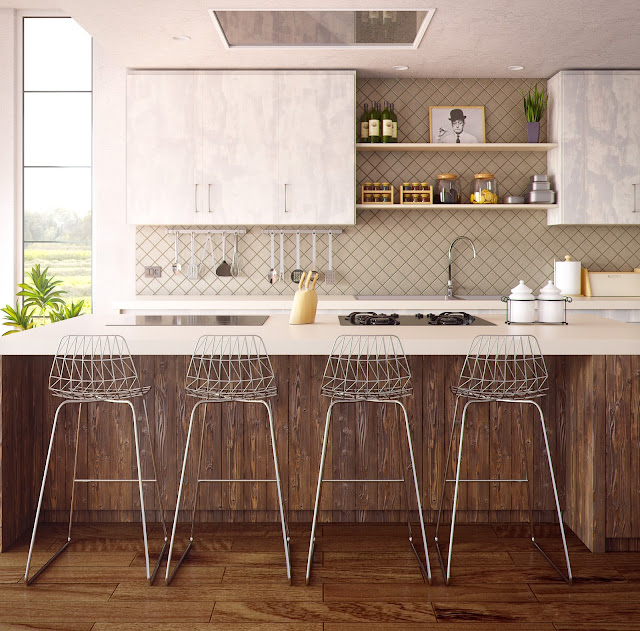Kitchen Counter Design: Enhancing Functionality and Style in Your Kitchen


A slow-draining kitchen sink can be a frustrating problem to deal with, especially if you're not sure what's causing it. While a clogged sink is the most common reason for slow drainage, there are several other potential causes that are worth considering. In this article, we'll explore some of the reasons why your kitchen sink might be draining slowly, and provide some tips for resolving the issue.
Before you assume that your sink isn't clogged, it's important to rule out the possibility of a partial clog. Over time, debris like food scraps, grease, and soap can build up in your drain and cause blockages. If you notice that your sink is draining slowly, try pouring a mixture of baking soda and vinegar down the drain. This can help to break up any small clogs and improve drainage.
If your sink still isn't draining properly after trying to clear a potential clog, the next thing to check is the pipes themselves. Look under your sink and inspect the pipes for any signs of damage or kinks. If you notice any issues, you may need to replace the affected section of the pipe.
If your sink has a garbage disposal, it's possible that this could be causing the slow drainage. Over time, food scraps can build up in the disposal and cause a blockage. Try running the disposal with cold water to see if this helps to improve drainage. If not, you may need to have the disposal professionally cleaned or replaced.
Another potential cause of slow drainage is a venting issue. Plumbing systems are designed with vents that help to regulate air pressure and prevent suction from building up in the pipes. If your vent is blocked or damaged, it can cause slow drainage or even gurgling noises when you run water. Check your roof for any signs of a blocked vent or have a professional plumber inspect your system.
Finally, it's worth considering the age of your plumbing system. Older pipes can become corroded or damaged over time, which can cause slow drainage. If you live in an older home, it's possible that you may need to replace some or all of your plumbing to resolve the issue.
In conclusion, a slow-draining kitchen sink can be caused by a variety of factors. If you've ruled out a clog and checked your pipes, disposal, and venting system, it may be time to consider the age of your plumbing. By identifying and addressing the root cause of the problem, you can restore proper drainage and avoid more serious plumbing issues down the line.
Comments
Post a Comment